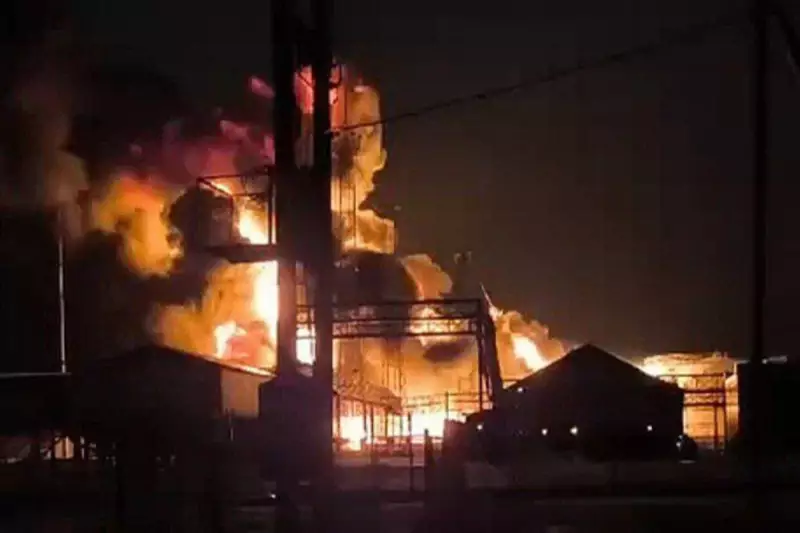
Kremlin Enacts Sweeping Laws to Counter Ukraine's Deep-Strike Capability
The Russian government, led by Vladimir Putin, has enacted a series of new laws designed to bolster domestic security as Ukraine demonstrates a growing ability to launch lethal attacks deep within Russia's borders. This legislative push acknowledges the protracted nature of the war and Kyiv's increasing success in undermining Russian industry and morale.
New Law Mobilises Reservists for Infrastructure Defence
A central component of the new measures is a law that allows Moscow to call up military reservists to help guard key infrastructure, particularly energy sites. At least 20 Russian regions have already begun this process, aiming to provide a human shield for vital assets like oil facilities that have been repeatedly targeted by Ukrainian long-range missiles and drones.
While energy firms have expressed some gratitude for the extra personnel, expectations are being tempered. A manager from a major Russian oil and gas company told independent media that "even ten extra men with Berdan rifles would be a boost", but conceded that a handful of reservists are no substitute for proper air defence systems against incoming drones.
The new law enables the call-up of an estimated two million people without the need to declare a full mobilisation. However, military analyst Alexei Alshansky has cast doubt on Russia's available manpower, telling The Moscow Times that if there had been enough reservists during the 2022 mobilisation, authorities "wouldn’t have had to go out onto the streets and chase people".
Preventative Measures and Harsher Penalties
Alongside the physical deployment of reservists, the Kremlin is implementing technological countermeasures. Russia has experimented with temporarily cutting off internet access for SIM cards that connect to foreign networks. This 'cooling' measure is a preventative step aimed at stopping Ukrainian drones, which sometimes use LTE modems, from connecting to local mobile networks to guide their assaults.
In a significant legal shift, the Russian government has also introduced harsh new penalties for acts of sabotage. The amendments lower the age at which a person can be charged from 16 to 14 and abolish statutes of limitations for such crimes. The new rules also bar suspended sentences for sabotage and restrict parole until at least three-quarters of a sentence has been served, creating a strict deterrent for those suspected of working on Ukraine's behalf.
Lawmakers justified these tougher sentencing rules by citing concerns that foreign intelligence services are recruiting young Russians.
Strategic Impact on the War Effort
These sweeping changes are a direct response to months of Ukraine refining its ability to strike energy sites across Russia. While such attacks alone are unlikely to force Putin to the negotiating table, they contribute to a spike in domestic energy prices, which in turn weakens public support for the continuing war.
The need for "special training sessions" for BARS reservists to defend infrastructure underscores the persistent threat. The initiative was reportedly rushed through at the Kremlin's direction, and the Duma may consider extending various benefits and perks to participants if needed to bolster participation.
This multi-pronged approach—combining human patrols, network disruption, and draconian legal punishments—highlights the Kremlin's acute awareness of its vulnerabilities and the expectation that the conflict will continue for the foreseeable future.





